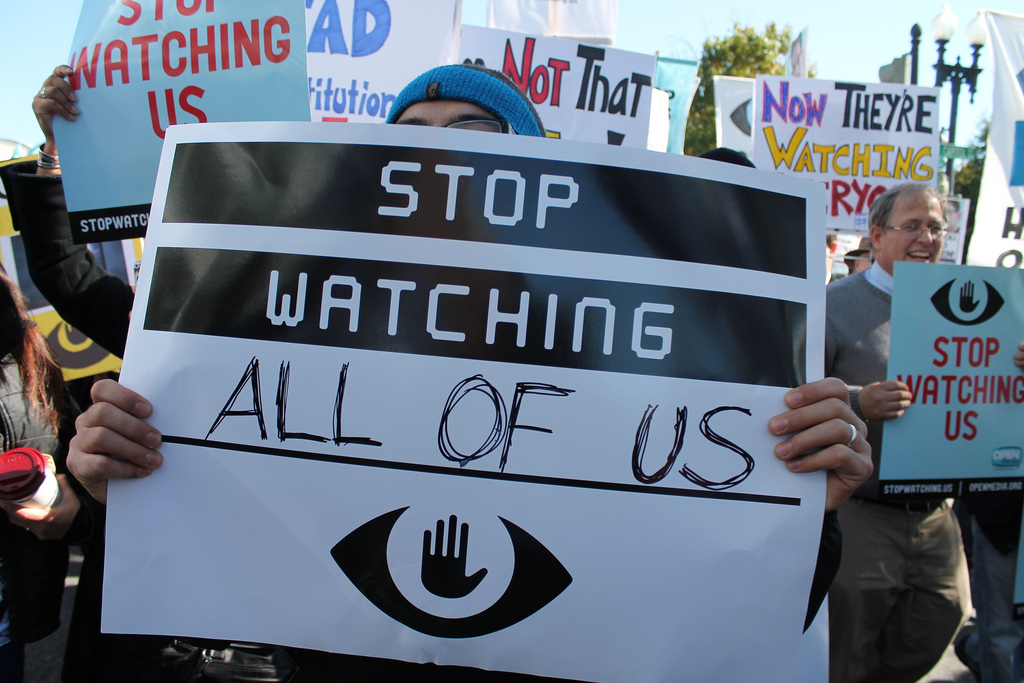On Mar. 7, 2023, a group of 12 bipartisan senators introduced the Restricting the Emergence of Security Threats that Risk Information and Communications Technology (RESTRICT) Act, in hopeful anticipation of mitigating detrimental effects from foreign technologies that may undermine American national security. However, many Americans threaded a different narrative: on Mar. 7, 2023, yet another bill was proposed that would upend Americans’ digital freedom and violate the First Amendment, under the guise of reinforcing national security. Due to the bill’s vague language, critics complained not only about the blatant violations of the First Amendment but also the precedent that individuals may be fined or prosecuted for simply using products from said “foreign adversaries”. However, Sen. Mark Warner’s spokesperson Rachel Cohen claimed that “-someone must be engaged in ‘sabotage or subversion’ of communications technology (…) in order for criminal penalties to apply”. While this clarification may offer some comfort, the true implications of this bill lie in the accumulation of laws and nascent policies that gradually erode people’s freedom of speech and interject internet privacy. For Americans, this bill marks another toll on the potential freedom not dissimilar to that of the Patriot Act, an Act that also faced harsh criticism and dismay upon its proposition.
Many of the world’s leading superpowers and authoritarian states have enforced laws of their respective selection, curating laws and enforcements that confine citizens’ freedom of expression. The Chinese covid lockdown policies are one such example. The zero-covid protests can be seen as a result of the disapproval that many Chinese citizens bore against the inflexible regulations and constant surveillance. These protests eventually resulted in the closure of the lockdown policies. However, the Chinese Communist Party (CCP) vowed to crack down on the social unrest caused by the former protestors. Journalist Emily Feng relays the story of one of the many suspected protestors apprehended by Chinese officials weeks after the lockdown protests happened. Phone tower data was used to locate the suspected protesters, and any trace of potentially incriminating evidence found on the suspects’ messaging history or location history data became reason enough for them to be detained. Whether or not corruption and conjecture were major factors, it remains indisputable that the lack of privacy concerning communication data severely curtailed the individuals’ capacity for self-expression.
These threats to privacy and data handling through government bigotry occur internationally. In America, the confiscation of data by entities like the FBI, despite the Fourth Amendment’s prohibition on such seizures as confirmed by the Supreme Court’s Carpenter ruling, warrants significant concern. Nevertheless, government agencies have discovered a way to circumvent this barrier by simply purchasing consumer data, thus sidestepping the protections afforded by the Fourth Amendment. Reports of federal agencies buying cell phone location data are numerous, and there exist instances of entities such as the Georgia National Guard utilizing tower data to recruit students above the legal recruitment age of 18. Even despite the moral concerns that may be raised when considering the recruitment of students using targeted ad campaigns and location tracking, cybersecurity researcher Zach Edwards doubts the accuracy of the data and claims that it would be unlikely that the age of the students would be able to be differentiated, highlighting a methodological flaw within the operation. Other examples include India banning end-to-end (E2E) encrypted open-source messaging apps, claiming to ban these specific apps under the notion that terrorists have been using them for nefarious purposes. E2E encryption causes messages to be unreadable to anyone who does not possess a “key”, something only the sender and the receiver have access to. This allows government officials or third parties such as hackers to see that a message had been sent, but they would be unable to parse the content of the message, effectively rendering spying or snooping attempts useless. While the intention behind the ban was to enhance national security by enabling government security officials to monitor messages that may be associated with terrorist activities, the ban would inadvertently expose citizens to potential exploitation by third parties, including hackers and government officials with malicious intent. Although the ban currently affects only a fraction of the Indian population, critics point out the ambiguity of the ban’s scope, and how its enforcement could potentially expand to other states and regions in the future. This ban also sets a precedent for the first democracy to implement a widespread prohibition of E2E encryption, raising concerns that other democratic nations may be inclined to follow suit.
Overall, the gradual erosion of privacy laws and freedom when it comes to technology and online communications creates an inauspicious view of the future of our daily privacy and freedom. While there may be an illusion of security and guaranteed liberties in the present, it is evident that with this downwards trend, our rights and lives are gradually being encroached upon. Each passing day blurs the line of internet individuality of citizens between democratic and authoritarian nations. It is crucial, therefore, to reinforce citizens’ internet privacy rights and implement stricter regulations concerning governments’ access to data. Only through these measures can we rightfully safeguard our human rights.

